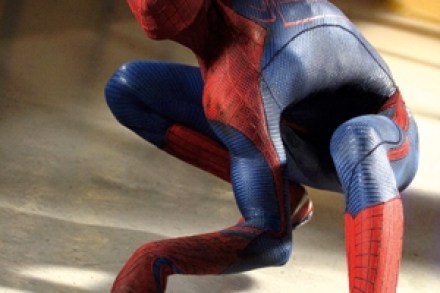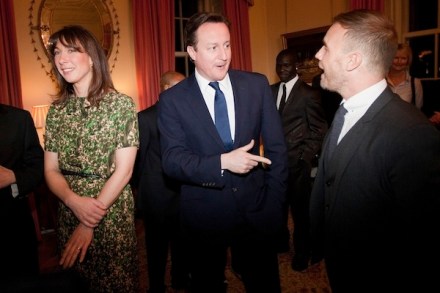Tangled web
The Amazing Spider-Man isn’t so amazing, actually, and is a reboot of a remake, or a remake of a reboot, or a remake rebooted, and remade, rebootingly. It’s hard to keep up with these franchises when they swish back and forth all the time, determined to squeeze every last penny out of cinemagoers who should have more sense, yet don’t seem to mind sitting though the same film over and over. This has an excellent cast: Andrew Garfield, Sally Field, Martin Sheen, Emma Stone. It is 3D. The CGI is state-of-the art. And, fair play, it does try to inject meaningful emotion. But it’s a superhero movie and sticks to
















